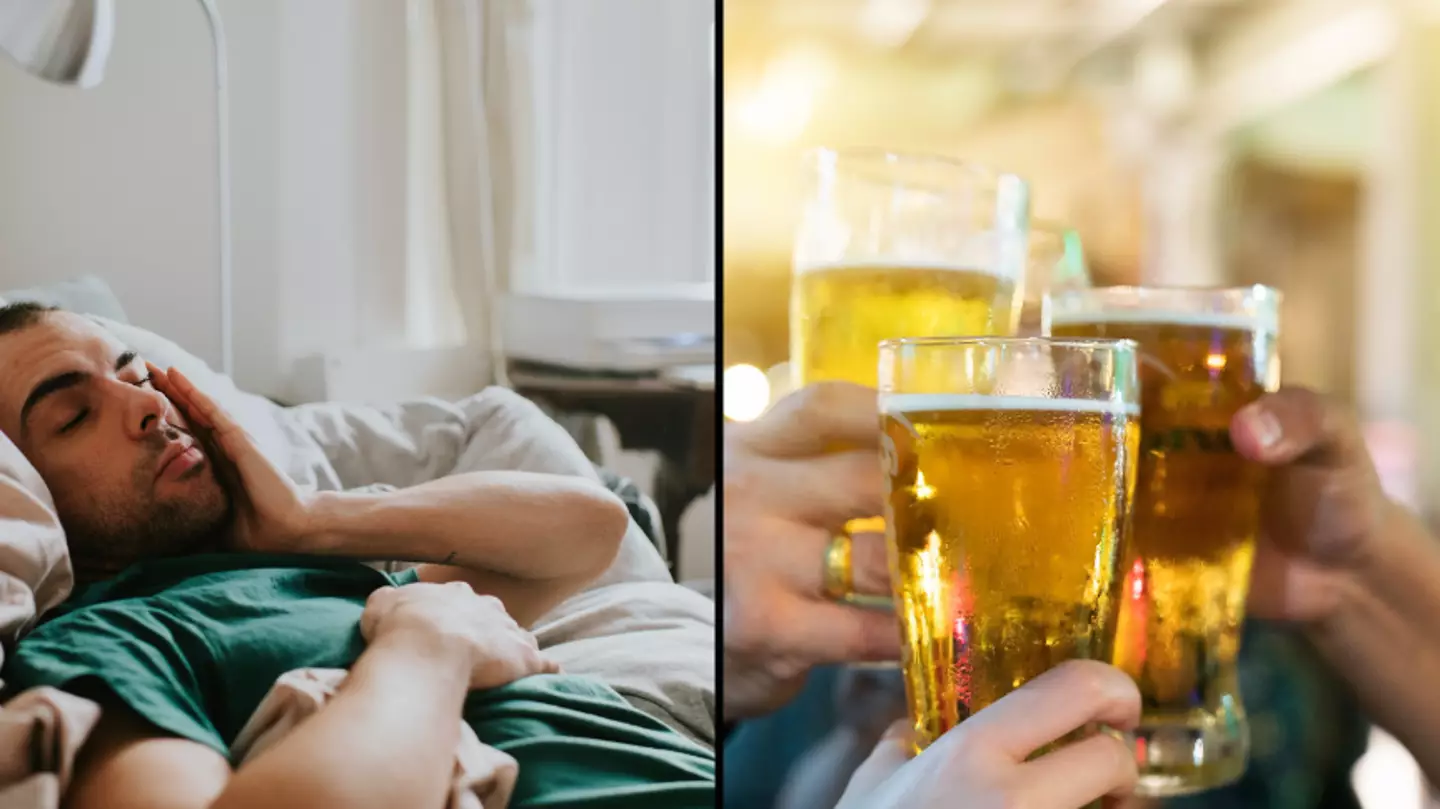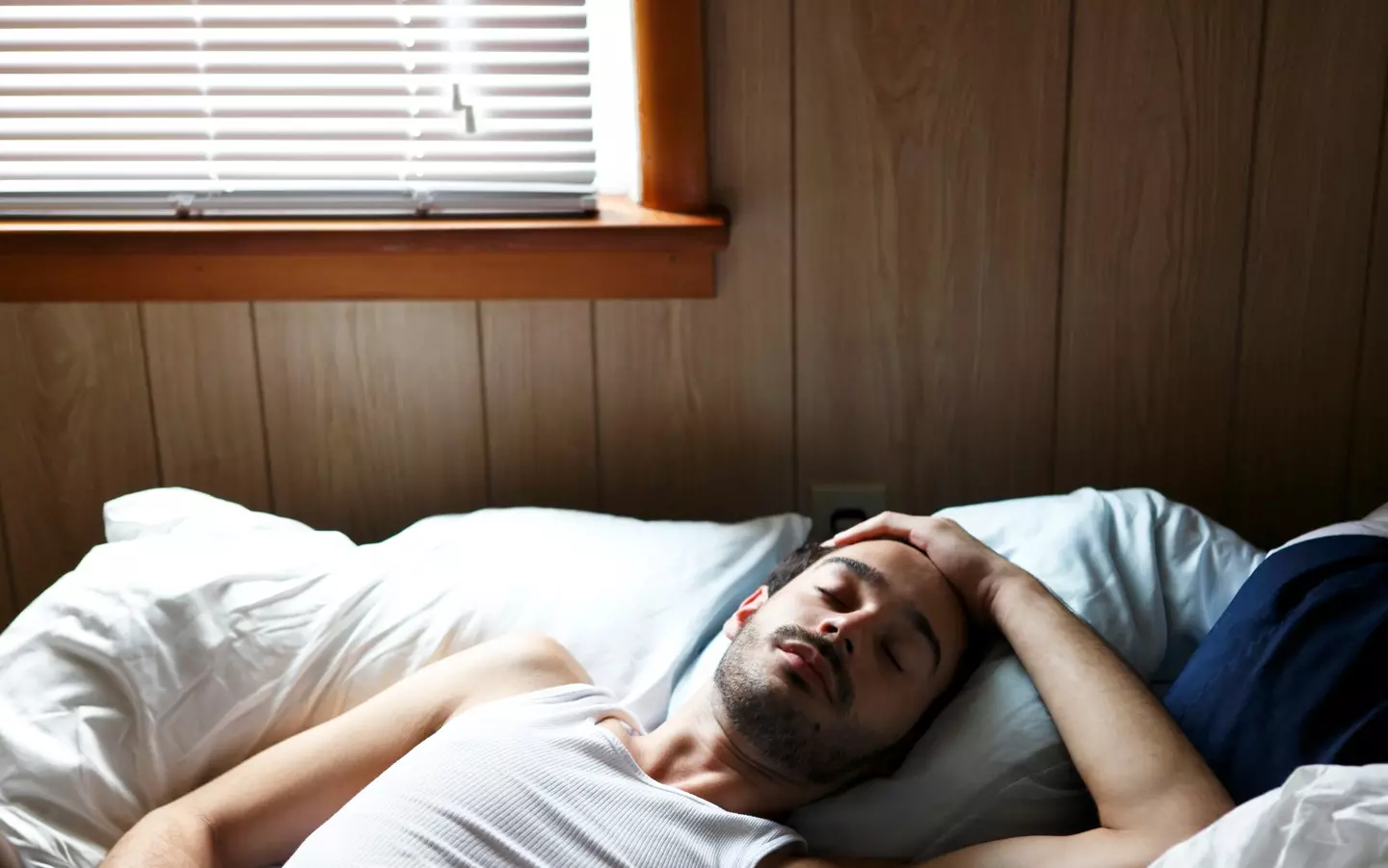
Everyone who's ever had a hangover after a big night out knows that desperate feeling to find a way to ease the throbbing headache the following morning.
There are several, allegedly miraculous, methods that promise to help with the migraines and nausea but, as with most things, not everything works for everyone.
While no method is guaranteed to make you feel instantly better, some swear by one morning-after solution that is supposedly very effective, though it may seem counterintuitive.
Advert
Experts, however, have debunked the method and explained why it may not be the best thing for your body.

Yes, we're talking about what most people refer to as 'hair of the dog'. The name refers to an old practice of treating a rabid dog bite by taking hair from the same dog and putting it in the wound.
While this doesn't seem particularly hygienic, there may have been some truth to it if its logic has been translated to this day and applied to hangovers. That, or people just really like throw common sense out of the window.
"For people who drink occasionally, the use of alcohol to treat hangovers may mask some of the unpleasant symptoms, but it's only going to make the overall recovery from your night of drinking last longer," Dr Sarah Shafer, a medical toxicology specialist and an assistant professor of emergency medicine at Baylor College of Medicine, told Business Insider.
Advert
In short, the 'hair of the dog' approach won't make your hangover magically disappear; it will just make it last longer.
"Your body feels bad after drinking alcohol because alcohol is a poison," she continued.
"Our bodies have evolved ways to metabolise alcohol so it's less harmful to our system, but it's not good for us, and a hangover is the result of that."

Dr Natasha Bhuyan, national medical director at One Medical, added: "It will just mask or delay symptoms - and when those symptoms return, they could be even more severe."
Advert
In the case of a hangover, the best thing to do is to take it slow, hydrate, and avoid drinking more alcohol.
Depending on how much you've drank and how often you consume alcohol, there's the possibility that you might be having alcohol withdrawal symptoms versus those of a typical hangover.
Dr Shafer warned those who may feel significantly better after having a drink following a hangover to rethink their relationship with alcohol.
"If someone feels significantly better after drinking some alcohol, then some of the symptoms they are experiencing may actually be alcohol withdrawal symptoms," Shafer said.
Topics: Food And Drink, Health
